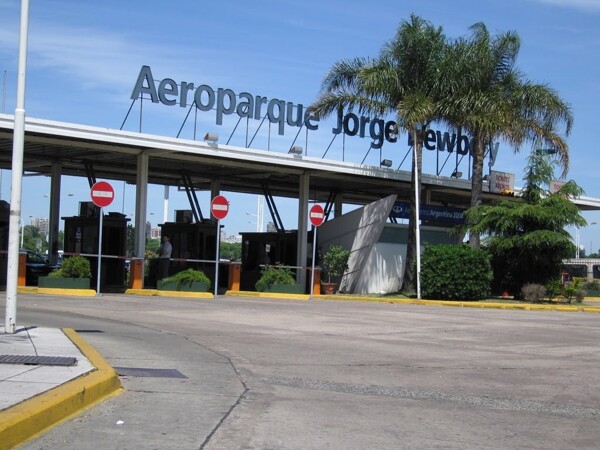
Sessions focused on teaching traffic rules, promoting responsibility behind the wheel, and raising awareness about the risks of reckless driving are considered fundamental in providing basic knowledge about norms and road safety. Distractions, recklessness, and speeding are some of the topics addressed in these talks.
The National Traffic Law establishes several regulations that must be followed in a region where more than three million vehicles circulate daily in the Autonomous City of Buenos Aires and its surroundings. Although most drivers know the traffic rules, not everyone respects them, which is reflected in a high rate of traffic accidents that can have serious consequences.
Distractions while driving, such as not obeying speed limits, yielding the right of way, or using a cellphone while driving, are common causes of avoidable accidents. Often, traffic rules remain on paper and are not followed in practice due to causes like stress, the rush to reach a destination, excessive confidence, and the influence of the surrounding road culture.
In the process of obtaining a driving license, talks or courses on road education are mandatory. However, their effectiveness depends on the quality of the discussions, the dynamics, and the interest of the participant. Road safety starts with individual responsibility, awareness, and understanding that every decision made behind the wheel can make the difference between arriving safely or being involved in an accident.
Ultimately, the incidence of traffic accidents is often attributed to the responsibility and behavior of drivers when operating motor vehicles.














